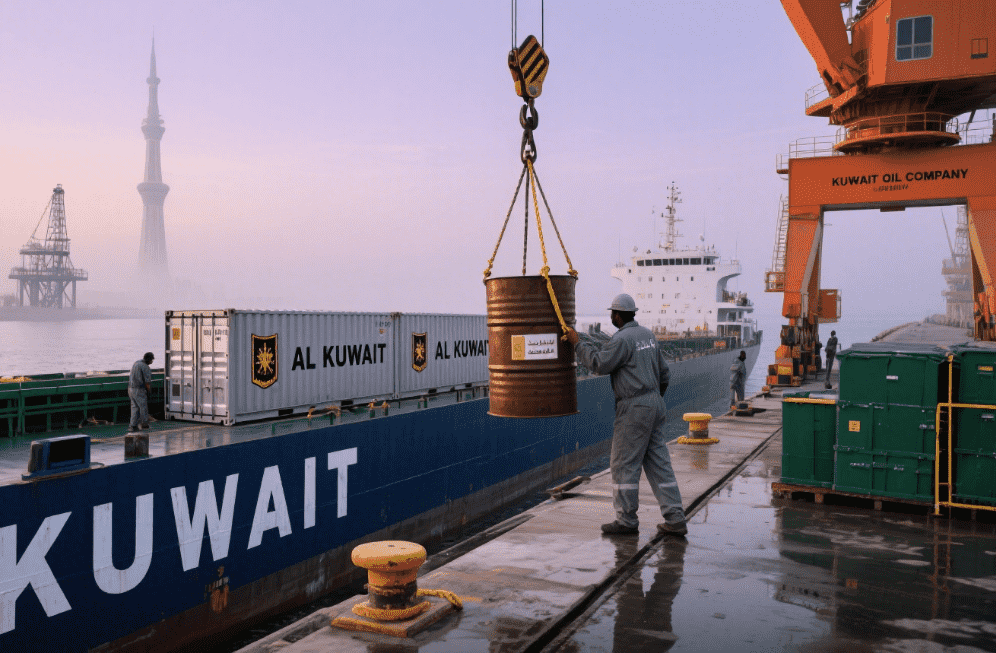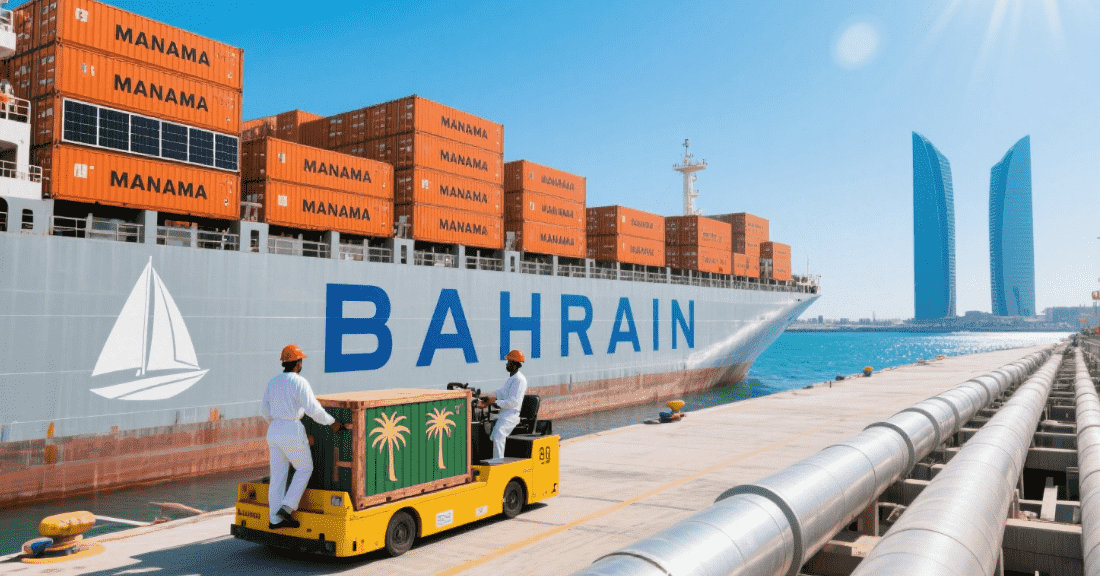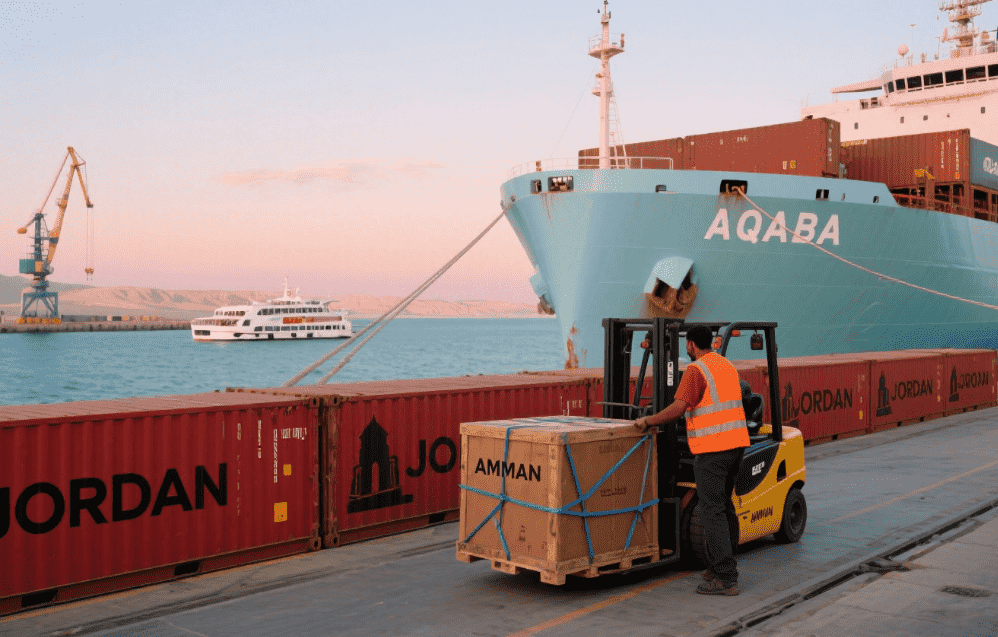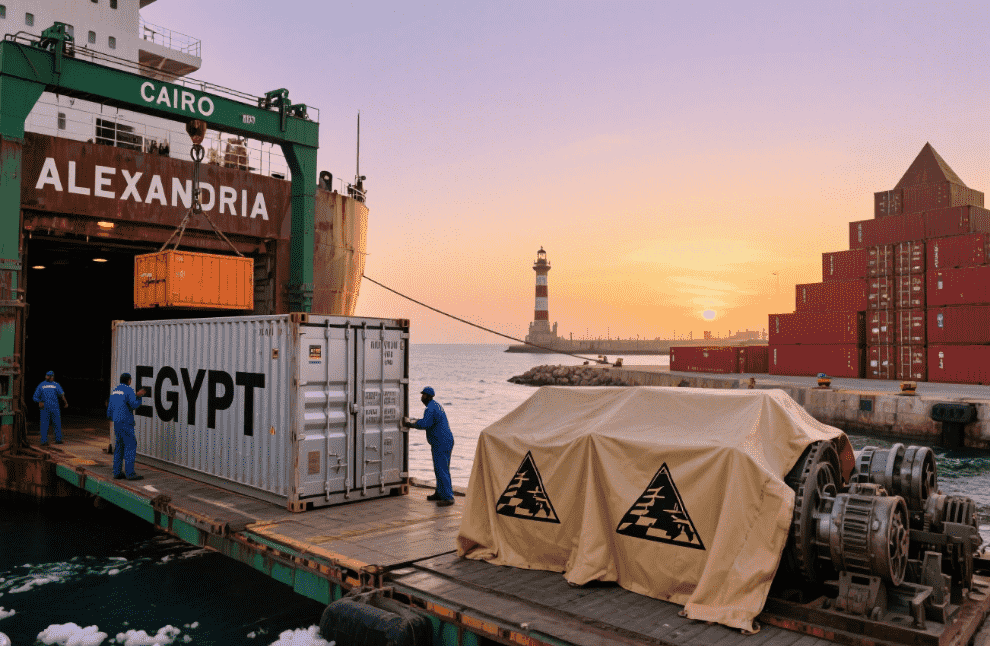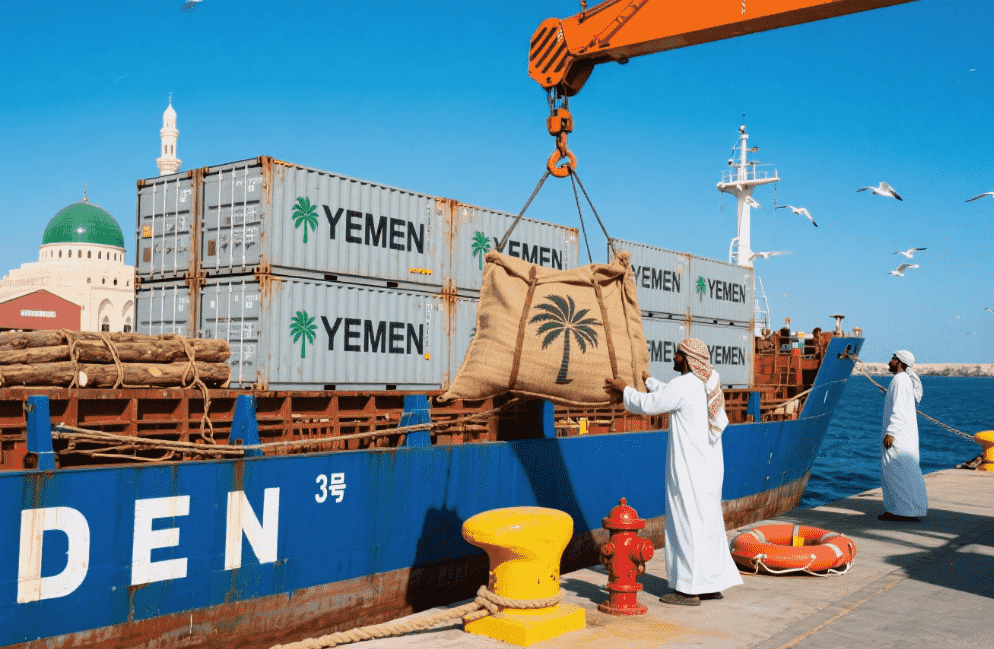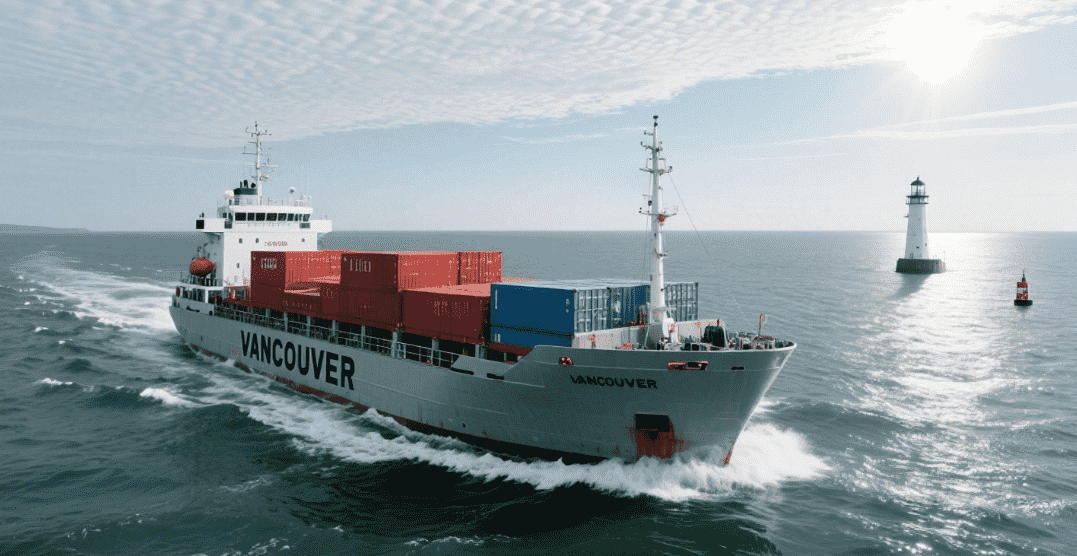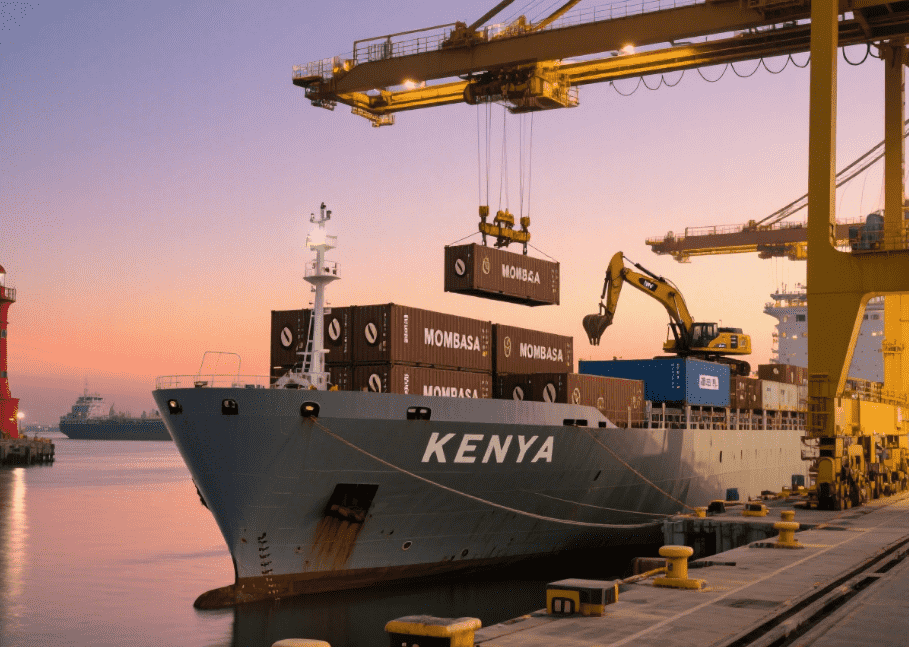
In today's interconnected global marketplace, businesses venturing into international trade must implement optimized logistics strategies to remain competitive. For importers shipping goods from China to Kenya, comprehensive knowledge of freight solutions, forwarder capabilities, and transportation economics proves essential for supply chain success. This analysis examines the primary cost drivers for China-Kenya shipments, demonstrates the value of professional freight management, and reveals how customized logistics services can transform cross-border operations. From SMEs to multinational corporations, selecting the right logistics partner serves as the foundation for efficient international commerce.
1. The Dynamics of Shipping Costs from China to Kenya
Shipping costs between China and Kenya are influenced by multiple variables, including transportation mode, cargo type, volume, and market demand. Let’s break down the primary components:
1.1 Transportation Modes
- Sea Freight: The most economical option for bulk shipments, sea freight dominates China-Kenya trade. Costs depend on container type (20ft, 40ft, or 40ft HC) and port fees at destinations like Mombasa. Average transit time ranges from 20–30 days, making it ideal for non-urgent goods.
- Air Freight: Faster but significantly pricier, air freight suits high-value or time-sensitive items like electronics or pharmaceuticals. Costs are calculated per kilogram, with rates fluctuating based on fuel prices and airline capacity.
- Rail Freight: An emerging alternative, rail connects China to Kenya via the Belt and Road Initiative, offering a balance between speed and cost for inland destinations.
1.2 Cargo Type and Volume
- Full Container Load (FCL): Best for large shipments, FCL reduces per-unit costs by avoiding shared container space.
- Less than Container Load (LCL): Smaller shipments incur higher per-unit fees due to consolidation and deconsolidation charges.
- Special Cargo: Hazardous materials, oversized items, or perishables require specialized handling, increasing costs.
1.3 Market Fluctuations
Global events—such as geopolitical tensions, fuel price hikes, or port congestion—can disrupt supply chains. For instance, the Red Sea crisis in 2023 forced rerouting, adding 10–15 days to transit times and inflating costs. A proactive cargo agent monitors these trends to mitigate risks.
2. The Role of a Cargo Agent in China-Kenya Logistics
A cargo agent acts as a bridge between shippers and carriers, managing documentation, customs clearance, and route optimization. Here’s why their expertise is indispensable:
2.1 Customs Compliance
Kenya’s customs regulations, including import duties and taxes, demand meticulous paperwork. A skilled agent ensures compliance with the Kenya Revenue Authority (KRA) to avoid delays or penalties.
2.2 Documentation Management
From bills of lading to certificates of origin, agents handle critical documents, reducing administrative burdens for importers.
2.3 Risk Mitigation
Agents navigate challenges like port strikes or carrier insolvency by diversifying carrier partnerships and securing cargo insurance.
2.4 Cost Optimization
By negotiating rates with carriers and consolidating shipments, agents lower freight service expenses without compromising reliability.
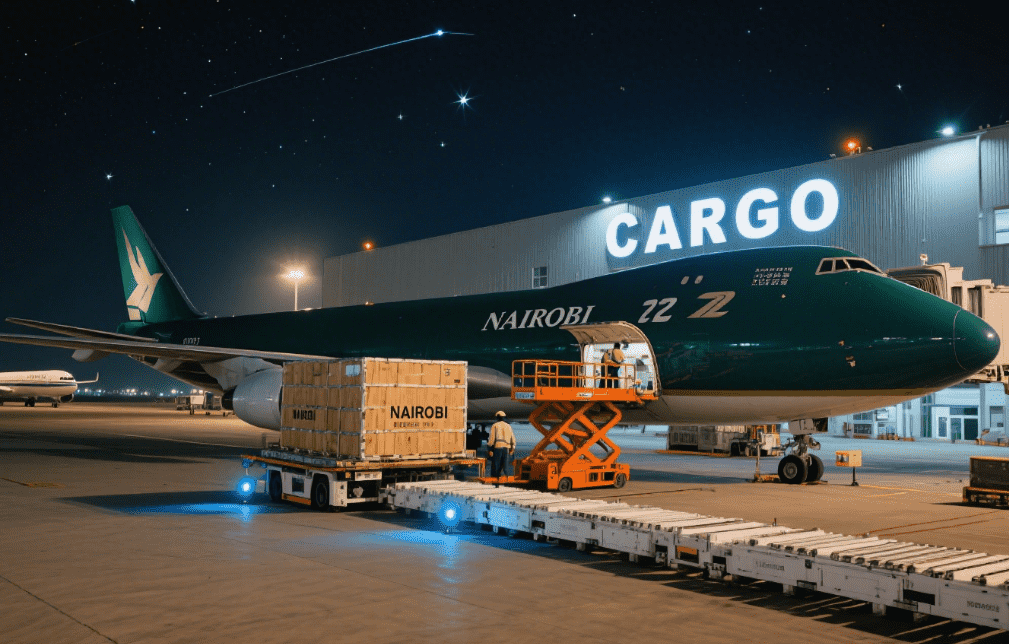
3. Freight Services: Choosing the Right Partner
Selecting a freight service provider requires evaluating their capabilities in the following areas:
3.1 Network Reach
A provider with a robust global network ensures access to multiple carriers and routes, enhancing flexibility. For China-Kenya shipments, look for agents with strong ties to major Chinese ports (Shanghai, Shenzhen) and Mombasa’s Kilindini Port.
3.2 Technology Integration
Digital tools like real-time tracking, automated documentation, and predictive analytics improve transparency and efficiency. For example, IoT sensors can monitor cargo conditions during transit, crucial for perishables.
3.3 Sustainability Practices
Eco-conscious logistics reduce carbon footprints and align with Kenya’s green energy goals. Providers offering carbon offset programs or electric trucking for last-mile delivery gain a competitive edge.
3.4 Customer Support
24/7 multilingual support resolves issues promptly, minimizing disruptions. A dedicated account manager can tailor solutions to your business needs.
4. Case Study: Optimizing Costs for a Kenyan Importer
A Nairobi-based retailer importing furniture from China faced escalating shipping costs due to LCL surcharges and delayed customs clearance. By partnering with a cargo agent specializing in China-Kenya routes, they:
- Switched to FCL shipments, cutting per-unit costs by 25%.
- Utilized a agent’s customs brokerage services to expedite clearance, reducing demurrage fees.
- Leveraged rail-sea intermodal transport for inland destinations, saving 15% on freight charges.
This approach slashed overall logistics expenses by 18% while improving delivery reliability.
5. Future Trends in China-Kenya Logistics
The logistics landscape is evolving rapidly, driven by technology and sustainability:
- Digital Freight Platforms: AI-powered platforms match shippers with carriers, enhancing price transparency and efficiency.
- Green Logistics: Electric trucks and solar-powered warehouses are gaining traction in Kenya, reducing reliance on fossil fuels.
- Blockchain: Immutable ledgers streamline documentation, reducing fraud and processing times for cross-border transactions.
Businesses that adapt to these trends will secure long-term cost advantages and operational resilience.
Conclusion: Navigating the Future of China-Kenya Logistics
Mastering shipping costs from China to Kenya requires a strategic blend of transportation mode selection, cargo agent expertise, and innovative freight services. By understanding market dynamics, leveraging technology, and prioritizing sustainability, importers can optimize supply chains and stay ahead of competitors.
For businesses seeking a trusted partner in this journey, Winsail Logistics offers end-to-end solutions tailored to China-Kenya trade. With a focus on cost efficiency, compliance, and cutting-edge technology, we empower clients to thrive in global markets. Explore our services at https://www.winsaillogistics.com and take the first step toward seamless logistics management.
In an era where agility and precision define success, the right logistics partner isn’t just an option—it’s a necessity. Choose wisely, and watch your business soar.


